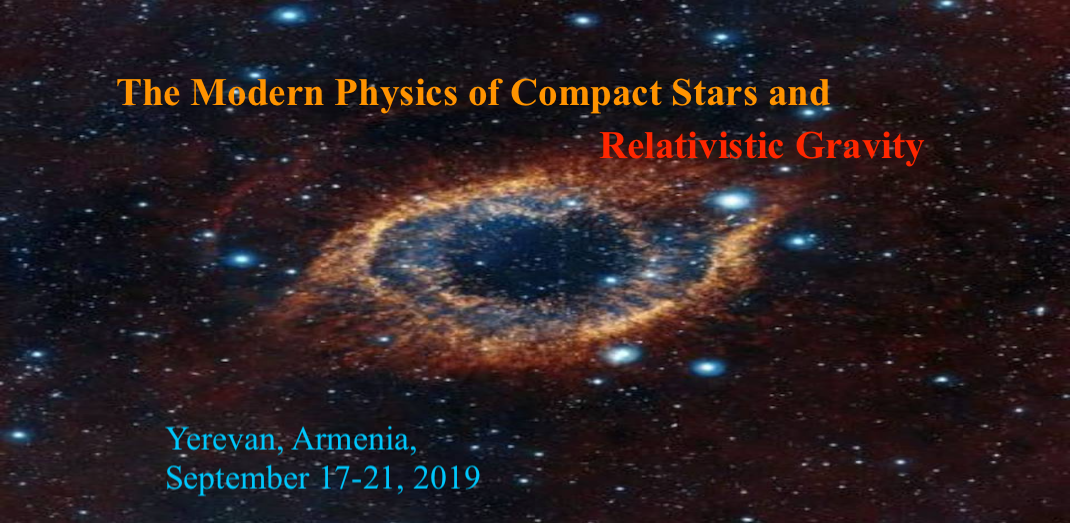Speaker
Description
The effect of pasta phases on the quark-hadron phase transition is investigated for a set of
relativistic mean-field equations of state for both hadron and quark matter. The results of the full
numerical solution with pasta phases are compared with those of an interpolating construction used
in previous works, for which we demonstrate an adequate description of the numerical results. A
one-to-one mapping of the free parameter of the construction to the physical surface tension of the
quark-hadron interface is obtained for which a fit formula is given. For each pair of quark and
hadron matter models the critical value of the surface tension is determined, above which the phase
transition becomes close to the Maxwell construction. This result agrees well with earlier theoretical
estimates. The study is extended to neutron star matter in beta equilibrium with electrons and muons
and is applied to investigate the effect of pasta phases on the structure of hybrid compact stars and
the robustness of a possible third family solution.
[1] K. Maslov et al., Phys. Rev. C 100, 025802 (2019)




